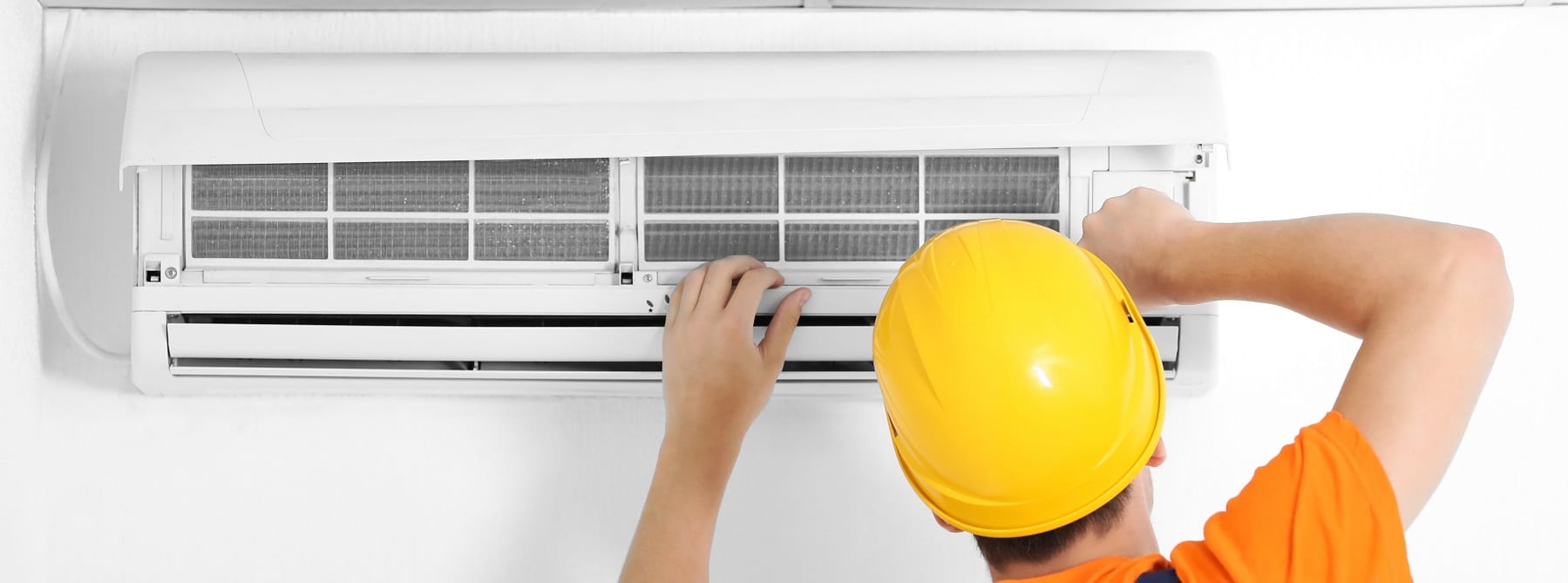Does Home Warranty Cover Air Conditioner

Navigating Home Warranties and Air Conditioner Coverage: What Homeowners Need to Know
Dealing with a malfunctioning air conditioner, especially during peak season, can be incredibly stressful. Adding to that stress is the question of whether your home warranty will cover the repair or replacement costs. Understanding the ins and outs of home warranties and their coverage for HVAC systems is crucial for homeowners. This guide provides a comprehensive overview of air conditioner coverage under home warranties, helping you navigate the process and make informed decisions.
What is a Home Warranty?
A home warranty is a service contract that helps cover the cost of repair or replacement of covered systems and appliances in your home. It's important to note that a home warranty is not homeowner's insurance. Homeowner's insurance protects against damages from events like fire, storms, and theft. A home warranty, on the other hand, covers breakdowns due to normal wear and tear.
Does My Home Warranty Cover My Air Conditioner?
The short answer is: it depends. Most standard home warranty plans offer some level of coverage for air conditioning systems, but the extent of that coverage can vary significantly based on the specific plan and provider. Key factors that determine coverage include:
- Plan Type: Basic plans may offer limited coverage, while more comprehensive plans provide more extensive protection.
- Coverage Limits: Home warranties often have coverage limits per item or per contract term. Make sure these limits are sufficient to cover potential AC repair or replacement costs.
- Exclusions: All home warranty contracts have exclusions. Common exclusions for AC systems include pre-existing conditions, improper maintenance, and acts of God (e.g., lightning strikes).
- Deductibles/Service Fees: You'll typically pay a deductible or service fee each time you request service.
What Air Conditioner Issues Are Typically Covered?
When an air conditioner breaks down, certain components are more likely to be covered under a home warranty than others. Generally covered issues often include:
- Compressor Failure: The compressor is the heart of your AC system, and its failure is often covered, although subject to coverage limits.
- Refrigerant Leaks: Leaks in the refrigerant lines can cause the AC to lose cooling capacity.
- Blower Motor Issues: Problems with the blower motor that circulates air through the system may be covered.
- Condenser Fan Motor Failure: A faulty condenser fan can prevent the system from properly cooling.
- Electrical Components: Issues with capacitors, relays, and other electrical components may be covered.
What Air Conditioner Issues Are Typically Not Covered?
While some AC issues are commonly covered, others are frequently excluded from home warranty coverage:
- Pre-Existing Conditions: If the AC system had a known problem before the warranty went into effect, it's unlikely to be covered.
- Lack of Maintenance: Warranties often require proof of regular maintenance, such as annual tune-ups. Neglecting maintenance can void coverage.
- Improper Installation: If the AC system was installed incorrectly, any resulting damage may not be covered.
- Cosmetic Issues: Dents, scratches, and other cosmetic issues that don't affect the system's functionality are typically excluded.
- Acts of God: Damage caused by natural disasters like floods, earthquakes, or lightning strikes are usually not covered.
- Filters, Coils, and Ductwork: Routine maintenance items, coil cleaning, and ductwork are often excluded.
- SEER Upgrades: Home warranties will only cover repairs to restore functionality to what was originally installed; they won't cover upgrades to a more energy-efficient SEER rating.
Steps to Take When Your Air Conditioner Breaks Down
If your air conditioner malfunctions, follow these steps to determine if your home warranty will cover the repair:
- Review Your Home Warranty Contract: Carefully read the terms and conditions of your home warranty contract to understand your coverage limits, exclusions, and claim procedures.
- Troubleshoot Simple Issues: Before filing a claim, check for simple issues like a tripped breaker, a dirty air filter, or a thermostat setting.
- Contact Your Home Warranty Company: If the problem persists, contact your home warranty company to initiate a claim. Be prepared to provide details about the issue, your contract information, and proof of maintenance.
- Allow the Warranty Company to Assign a Technician: Most home warranty companies require you to use their network of approved technicians. You usually cannot choose your own technician.
- Pay the Service Fee: You'll be responsible for paying the service fee or deductible specified in your contract.
- Authorize Repairs: The technician will diagnose the problem and submit a report to the home warranty company. The company will then authorize the repairs or replacement, subject to the terms of your contract.
- Review the Repair/Replacement Details: Make sure you understand the scope of the repair or replacement before it's performed. If you have any concerns, discuss them with the technician and the home warranty company.
DIY vs. Professional Repair: Knowing Your Limits
While some basic air conditioner maintenance tasks can be handled by homeowners, complex repairs should always be left to qualified HVAC professionals. Here's a breakdown of what you can safely do yourself and when to call a pro:
DIY Tasks:
- Replacing Air Filters: Regularly replacing air filters is essential for maintaining good airflow and preventing strain on the system.
- Cleaning Outdoor Unit: Remove debris, leaves, and dirt from around the outdoor condenser unit.
- Checking Thermostat Settings: Ensure your thermostat is set correctly and the batteries are fresh.
- Clearing Condensate Drain Line: A clogged condensate drain line can cause water damage. You can try clearing it with a wet/dry vacuum or a stiff wire.
When to Call a Professional:
- Refrigerant Leaks: Handling refrigerant requires specialized equipment and training.
- Compressor Issues: Diagnosing and repairing compressor problems is complex and dangerous.
- Electrical Repairs: Working with electrical components can be hazardous.
- Major Component Replacements: Replacing major components like the compressor, evaporator coil, or condenser requires specialized knowledge and tools.
- Anything Beyond Basic Troubleshooting: If you're unsure about the cause of the problem or how to fix it, it's best to call a professional.
Safety Tips When Working on Your AC
Always prioritize safety when working on your air conditioning system. Here are some essential safety tips:
- Turn Off the Power: Before performing any maintenance or repairs, turn off the power to the AC unit at the breaker box.
- Wear Safety Gear: Wear safety glasses and gloves to protect your eyes and hands.
- Avoid Contact with Electrical Components: Never touch exposed wires or electrical components while the power is on.
- Consult the Manual: Refer to the manufacturer's manual for specific instructions and safety precautions.
- If in Doubt, Call a Pro: Don't attempt repairs that you're not comfortable with. It's always better to be safe than sorry.
Estimating Air Conditioner Repair Costs
Even with a home warranty, you'll likely be responsible for a service fee or deductible. Understanding the potential costs of common AC repairs can help you budget and determine if the warranty coverage is worthwhile. Here are some rough estimates (costs can vary widely based on location and the specific problem):
- Refrigerant Recharge: $200 - $500
- Compressor Replacement: $800 - $2500
- Blower Motor Replacement: $300 - $800
- Capacitor Replacement: $100 - $300
- Thermostat Replacement: $100 - $400
Alternatives to Home Warranties
If you're considering a home warranty for your air conditioner, it's also worth exploring alternatives, such as:
- Homeowner's Insurance: While it doesn't cover wear and tear, homeowner's insurance may cover AC damage caused by covered perils like fire or storms.
- HVAC Service Agreements: Many HVAC companies offer service agreements that include regular maintenance, discounted repairs, and priority service.
- Savings Account: Setting aside funds in a dedicated savings account can help you cover unexpected repair costs.
Conclusion
Understanding the terms and conditions of your home warranty is crucial for determining whether your air conditioner repair will be covered. By carefully reviewing your contract, troubleshooting simple issues, and knowing when to call a professional, you can navigate the claims process effectively and minimize your out-of-pocket expenses. Remember that regular maintenance is key to preventing breakdowns and maximizing the lifespan of your AC system. Always prioritize safety when working on your AC, and don't hesitate to call a qualified HVAC professional for complex repairs.
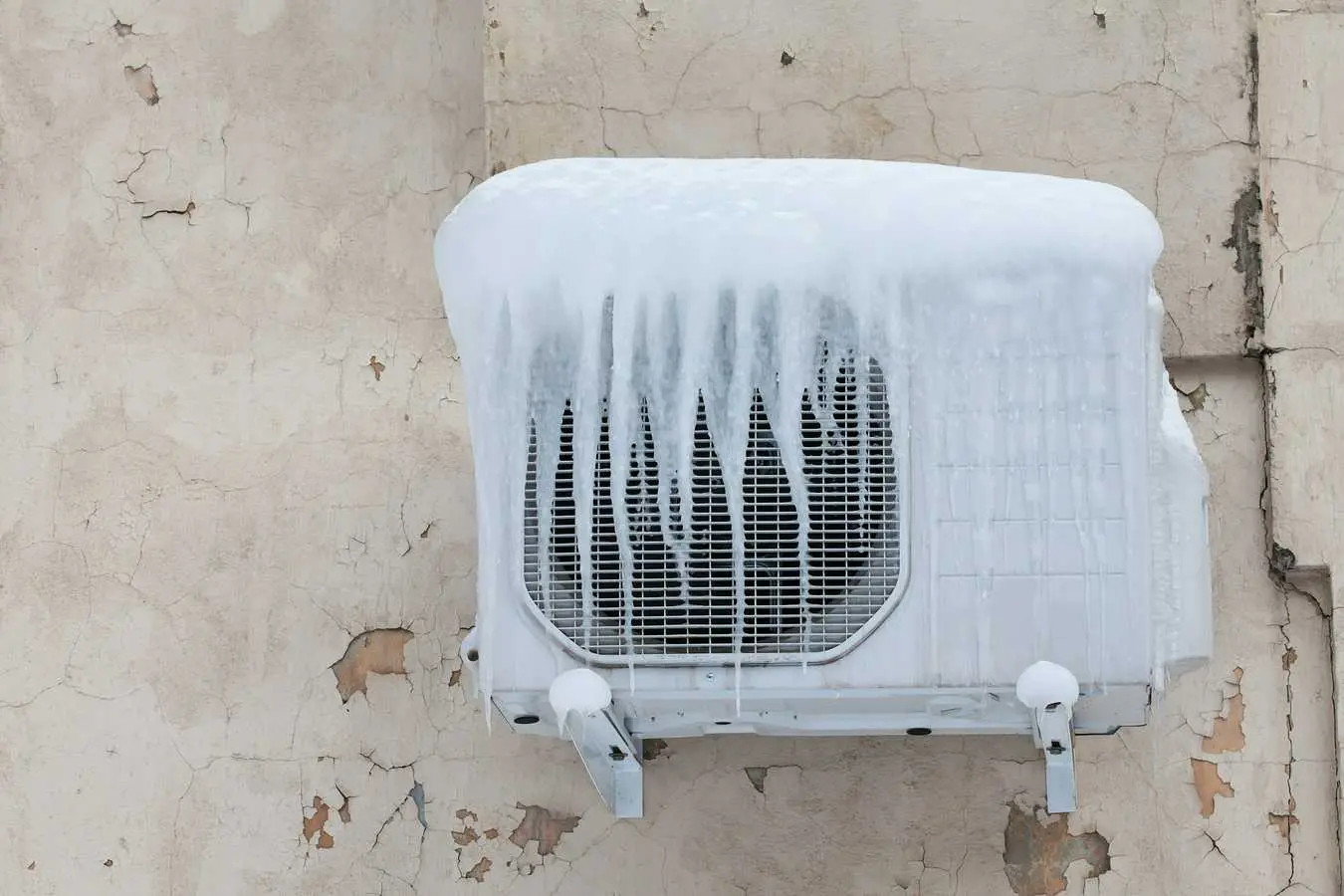
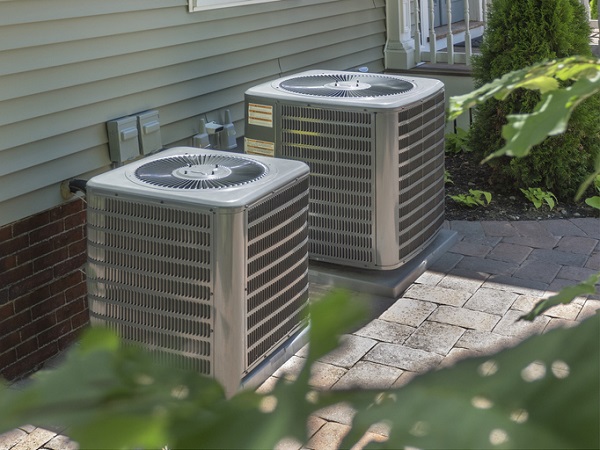
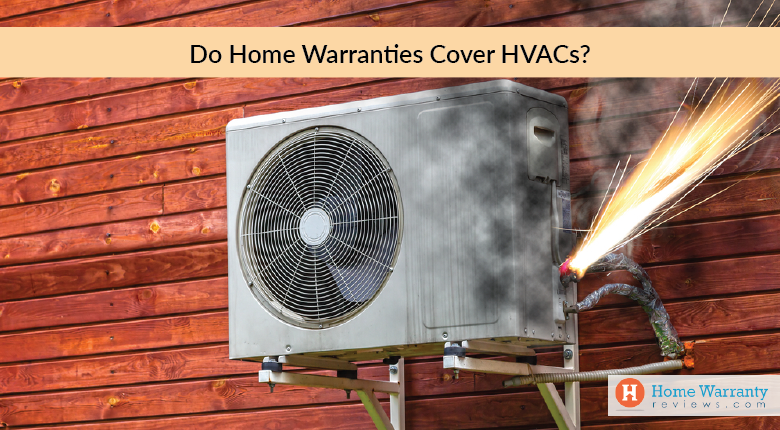



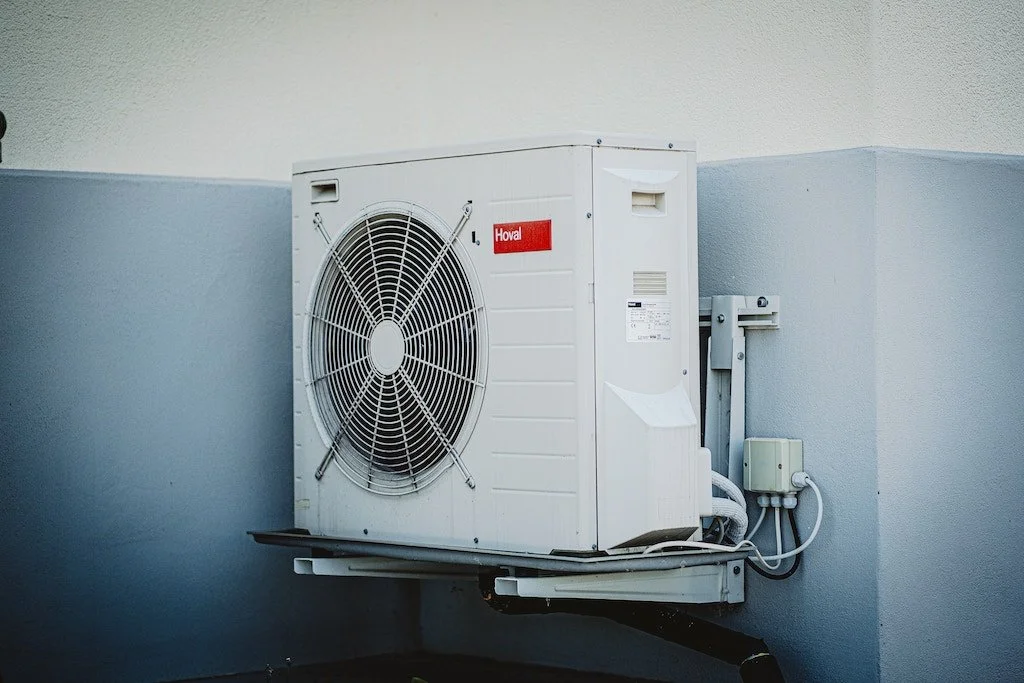
:max_bytes(150000):strip_icc()/HWA-74832a6fb3dc47eb9238085d5df6114f.jpg)
